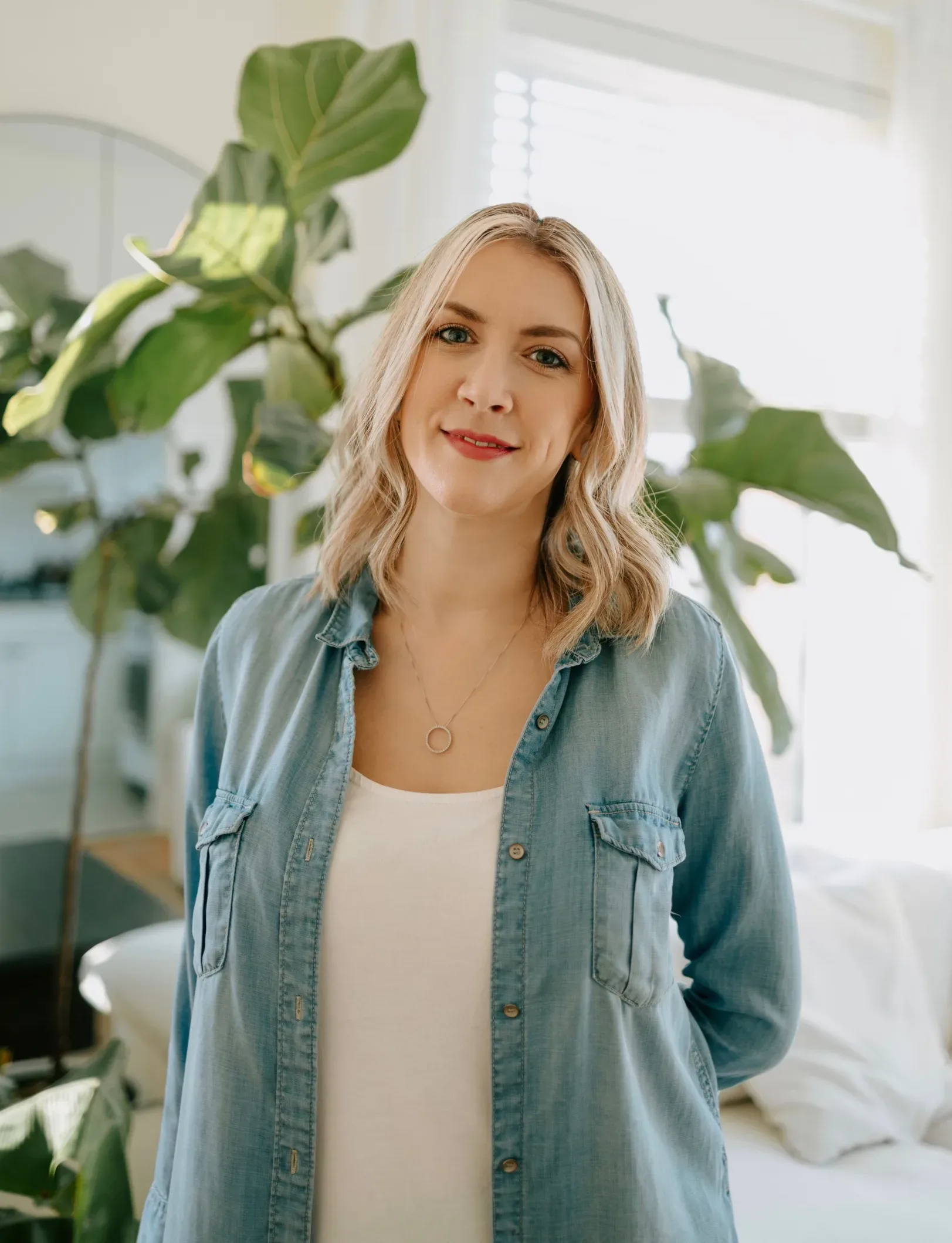You need therapy as unique as you are.
And you’re tired of playing therapist roulette to find someone you vibe with.

You already know that you can't take all your problems to your bestie or your regular people. You deserve unbiased support. That's why therapists exist.
Millennials need a unique approach to therapy because…
…you see the world differently. You understand that poor mental health relates to your early life experiences somehow...
…you’re concerned about mental health, relationships, the environment, the economy, the future and systemic problems. SHEESH… (okay, let's take a step back)...
…you need tools, coping skills and unbiased support because you realize that your support people can't be your only people.
So welcome to my online office. I can help you understand your problems now in the context of your life, all while integrating & upgrading your skills so you can solve your problems. It may sound like a lot of ground to cover, but I make it easy.
Ways to Work with Me
Individual Counselling
Online therapy for adults aged 19+. Learn how to navigate stressors and make long-term changes. Guaranteed to include some self-discoveries along the way.
Couples Therapy
Online couples therapy for all stages of relationships. Learn to improve communication, resolve conflict, compromise (for real), and all things intimacy.
Workshops and Lunch & Learns
I offer the official Gottman Seven Principles for Couples workshop designed to improve connection, communication & conflict, as well as specially curated workshops on various topics.

I’m here to help millennials
Who can relate to any of the following…
- Anxiety that fluctuates from almost manageable to full-blown
- Perfectionism, self-worth issues or people-pleasing tendencies
- Stress that's throwing your life off balance
- No matter how hard you try, it seems like you’re stuck in the same old patterns
- You feel like you almost have it all together, but something is missing
Free resources for you

Therapy Preparation Worksheet

Resource Sheet for Couples

Post-Therapy Reflection Worksheet
What to Expect in Therapy
01. Clarify
Bring your therapy goals or tell me what concerns you. I can also help you figure out what goals to set.
02. Trust the process
I'll create a tailored treatment plan to meet your needs as we work together. You'll learn skills, exercises and techniques to help your reach your goals.
03. Reintegrate
This is where we explore mental health habits to help you maintain gains, ongoing steps you can take, and community resources.

Learn to Master Anxiety
Get your free guide to freedom from anxiety. Perfect for anxiety management, anxiety recovery and if you're not sure where to start in your anxiety recovery journey.

How do I know if therapy is right for me?
Therapy isn’t necessary for all people all the time. A consultation is a great opportunity to meet and chat briefly about what concerns you have to help determine if therapy is needed right now.
Is online therapy appropriate for me?
Online therapy is not appropriate for everyone. You will want to consider factors such as: if you have a private space where you can attend sessions, if you have a secure internet connection, and even the seriousness or intensity of the topic you want to address. If you hope to fit online therapy sessions in amongst your daily appointments, make sure that you will have time to transition from being in session to moving to your next task or meeting.
How often should I go to therapy?
Newly starting clients benefit from meeting once a week. This helps build momentum toward your goals and can quickly give you a sense of if we are a good fit to work together. More frequent sessions are especially helpful for those who are new to therapy or new to my practice.
How long does therapy take?
Each person’s therapy process depends on a lot of factors. Some people come to therapy short-term to resolve an issue, while others prefer to have long-term support. In general, for one newly emerging issue clients typically feel significantly better within 10 weeks of regular sessions. This isn’t the rule (or even the exception), but it can help to set some expectations.

